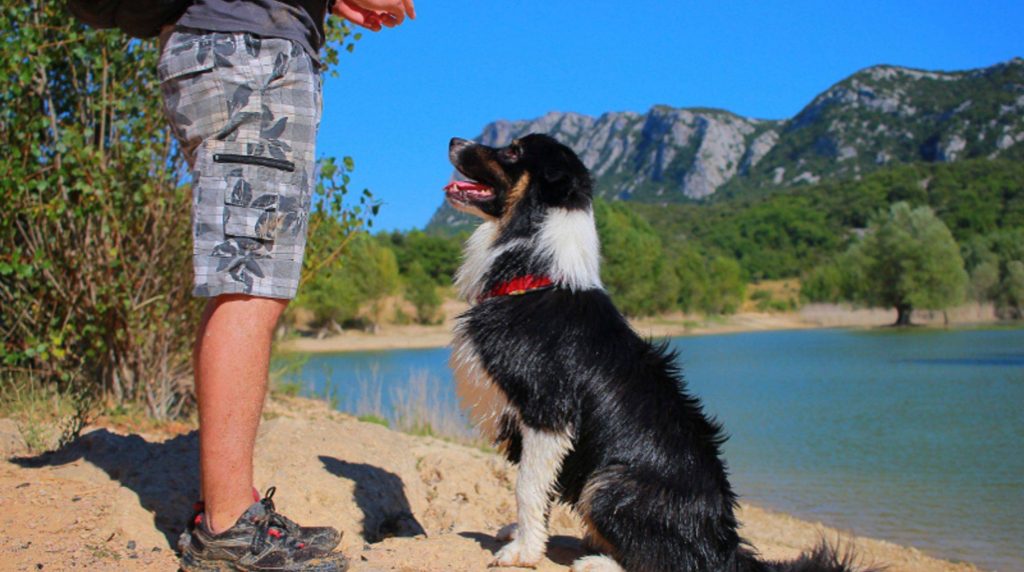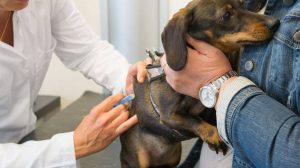Do humans have to act as pack leaders towards their dogs or dogs? No, you can’t say it like that. Should humans lead and guide their four-legged friends? Yes, definitely! Here you can learn more about the modern view of an excellent human-dog relationship.

It is wrong to speak of humans as “pack leaders.” You can’t be the pack leader because you’re not a dog; you’re a human being – your furry friend knows that. The catchphrase “pack leader” is therefore misleading. But let’s go step by step.
That’s why humans can’t be “pack leaders.”
A pack is scientifically defined as a group of related animals. For example, in free-roaming wolves, a pack is automatically structured. The two-parent animals take the lead, and the children are submissive—all done voluntarily and without power, repression, or a show of strength. So the behavior is similar to that of a human family.
Since we humans are not related to our pets, there can be no talk of the pack leader. Added to this is that our dogs are not free-roaming wolves – and consequently do not live in dog packs at all. So we don’t have to be the pack leader at all. Instead, it’s more about instructing and leading our dogs without dominance or violence but based on security, love, and trust.
Obsolete Vision: The strongest calls the shots
Power and strength used to be the tools of “good” dog training. According to this outdated view, humans had to show strength and dominance over their dogs to be viewed by them as “alpha animals.” This type of dog training was based partly on intimidation and is now an ancient and no longer sensible attitude. It is better for humans and animals if the dog “subordinates” voluntarily – in the same way that wolf cubs in a free-living wolf pack or human children in a family orientate themselves to their parents as “leaders.”
New perspective: The dog as part of the family
To earn the trust and allegiance of our dogs, we need to inspire confidence, not demonstrate power. Our leadership should not be based on power struggles but on being more experienced in this world, making the right decisions, providing security, and supporting the family. Violence and dominance have no place in modern dog training!
If dogs recognize your abilities as a competent “pack leader,” they voluntarily subordinate out of respect and trust in their leaders. Dogs can be considered part of the family and can see themselves as part of the family – after all, being below humans is best for their well-being. It’s normal for them to test their limits from time to time – problems should then be solved with the help of consistent training and clear, dog-friendly communication.
Reference person instead of pack leader: How to behave correctly
You must gain the trust of your dog or dog by making the right decisions, acting confidently and competently, and staying calm in difficult situations. Make sure your dog recognizes this. Another important factor in dog training is consistency. Only if you educate consistently and reliably will you be taken seriously and respected voluntarily. All rules and actions should be carried out in a friendly but firm manner without pressure, violence, or uncertainty.
You can find specific tips on handling correctly and training your dog in the “dog training” section.









